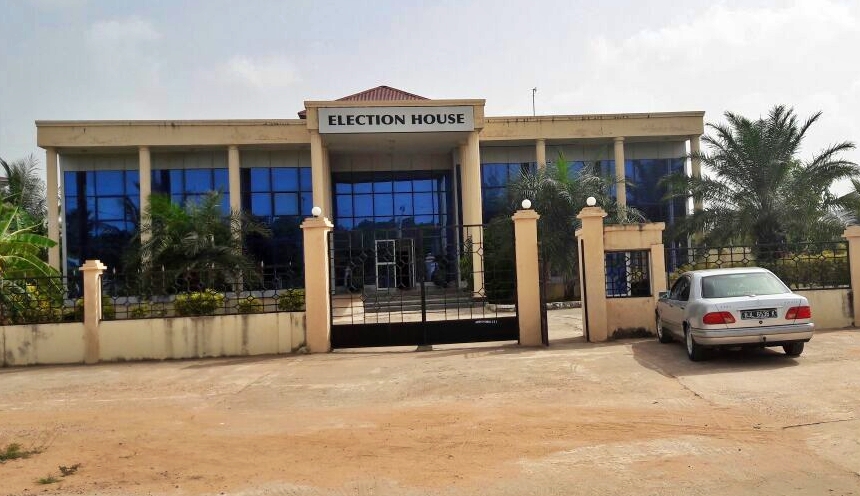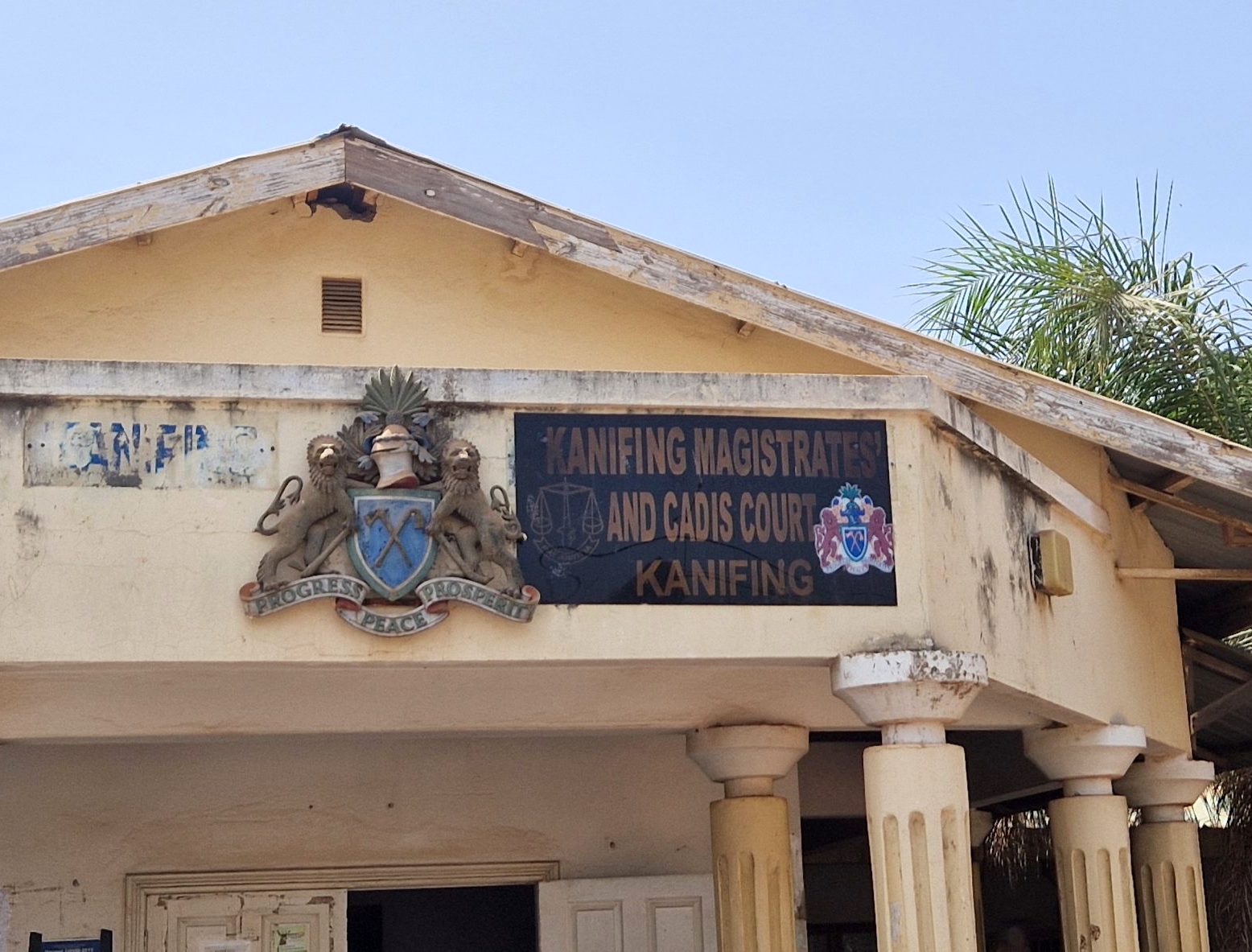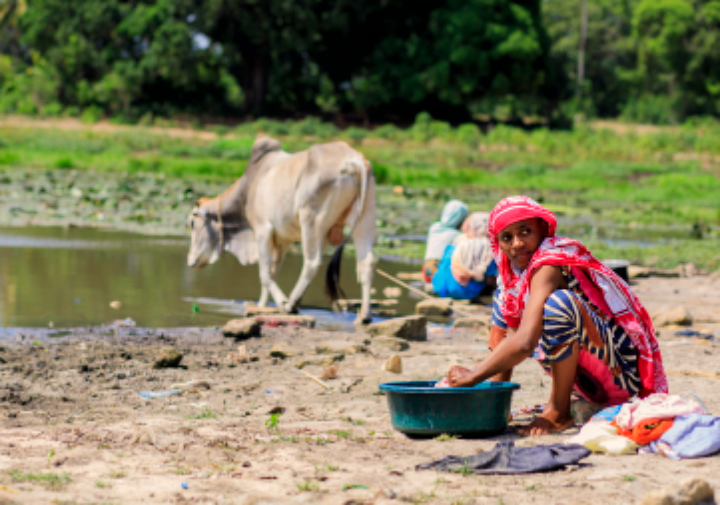Gambiaj.com – (BANJUL, the Gambia) – Zoonotic diseases, which are transmitted from animals to humans, pose a growing threat to global health, with an estimated 70% of new and existing human diseases having a zoonotic origin. The problem is currently being tackled in the Gambia as diseases like Guinea worm, cysticercosis, and schistosomiasis, listed among the World Health Organization’s (WHO) neglected tropical diseases (NTDs), are significantly influenced by domestic or livestock animals.
These diseases are also affected by water, sanitation, and hygiene (WASH) services, necessitating a comprehensive, One Health approach for their prevention and elimination.
One Health, as defined by the One Health High-Level Expert Panel, is an integrated, unifying approach aiming to sustainably balance and optimize the health of people, animals, and ecosystems. It involves collaboration across multiple sectors and disciplines at various levels of society to foster well-being, tackle health and ecosystem threats, ensure clean water, energy, and air, provide safe and nutritious food, address climate change, and contribute to sustainable development.
In 2022, WHO launched a companion document to the NTD road map, “Ending the neglect to attain the sustainable development goals: One Health approach for action against neglected tropical diseases 2021-2030,” which emphasized the shift towards One Health in national NTD programs. Since then, several countries have adopted the One Health approach, integrating it into their NTD programs and overall health systems.
Efforts being made in the Gambia
The Gambia has made significant strides in this direction. The establishment of a Technical Working

Group, led by the Ministry of Health (MoH) and an appointed One Health focal point, brings together human health, animal health, and environmental sectors. This group aims to address zoonotic diseases through coordinated efforts, exemplified during a highly pathogenic influenza event. A joint risk assessment, involving all relevant departments and partners, including WHO and the World Organization for Animal Health (WOAH), was conducted, leading to training and capacity building in the animal health sector.
Balla Jatta, Programme Manager for NTDs at the Ministry of Health in The Gambia and Chair of the Kikundi NTD Managers Community of Practice, highlighted the importance of collaboration across sectors. This approach has facilitated effective surveillance for Human African Trypanosomiasis, coordinated with animal surveillance, and integrated WASH practices in prevention and risk communications efforts.
Despite these achievements, challenges remain, particularly at the political level. Ensuring political buy-in and resources is crucial, as there is no dedicated funding for One Health. The national One Health platform aims to address funding issues and drive domestic resource mobilization through advocacy and political engagement.
Looking ahead, Jatta remains optimistic about the future of the One Health platform in The Gambia. He believes that collaboration improves implementation by pooling resources and expertise, enhancing effectiveness and efficiency, reducing duplication, and maximizing gains. With continued efforts and support, The Gambia’s One Health approach can serve as a model for other nations in combating zoonotic diseases and promoting sustainable health systems.
This series, curated by the NNN WASH Working Group in partnership with WHO, showcases successful collaborations between WASH initiatives and NTD programs worldwide, highlighting innovative strategies and tangible outcomes resulting from integrating WASH practices with NTD control and elimination efforts.










